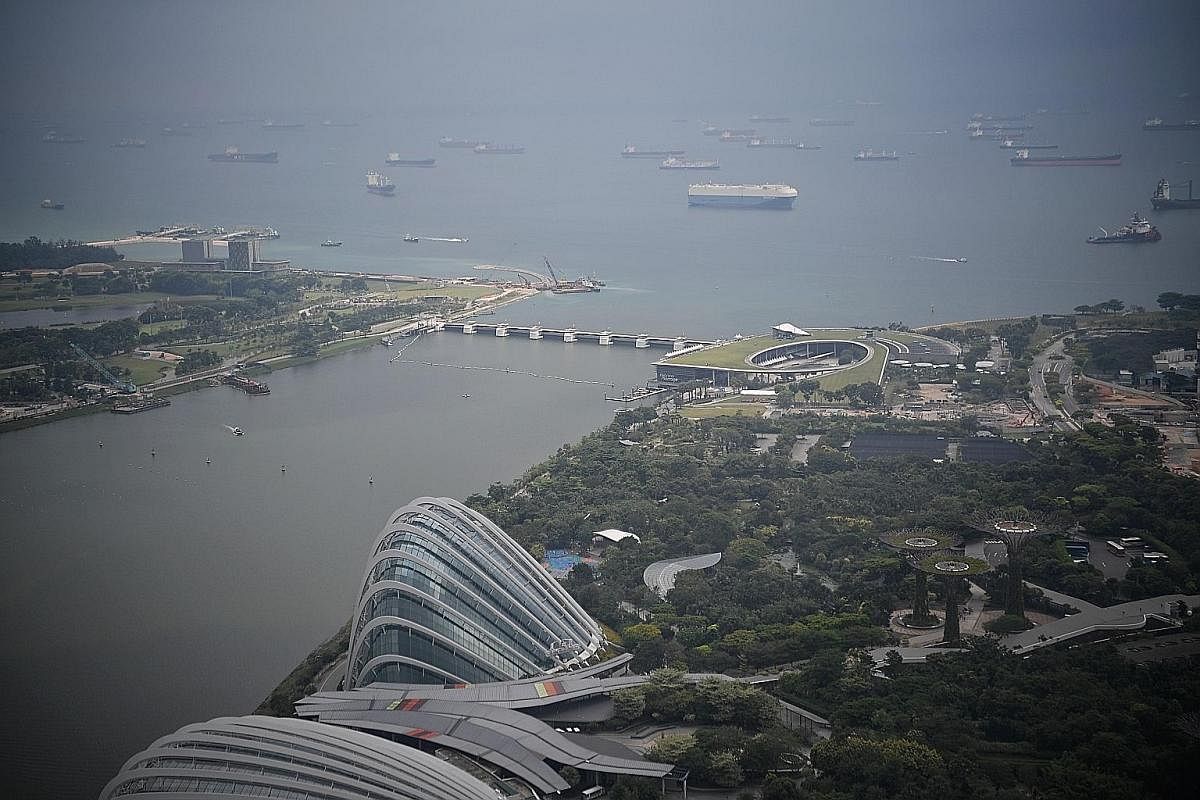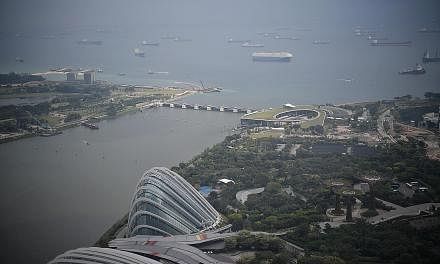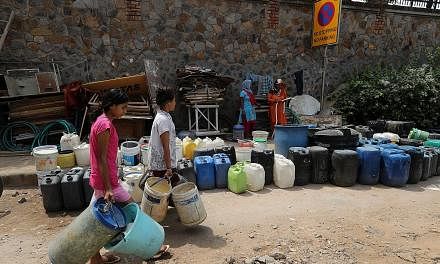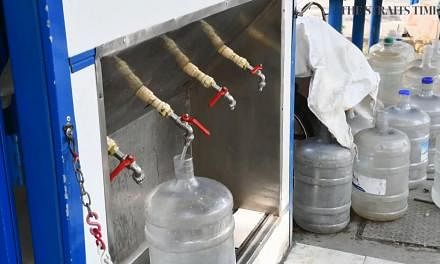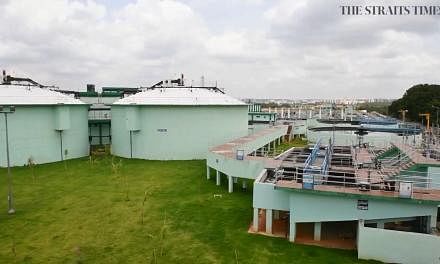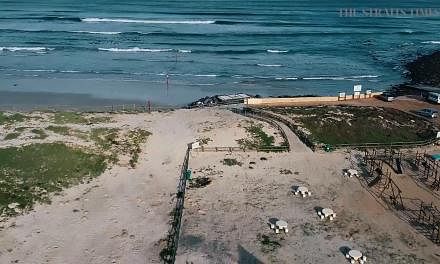Singapore's water success story is well known, but climate change could cast a shadow over that progress.
For example, if sea levels rose high enough due to the melting polar ice caps, a sufficiently high tide paired with a large storm could potentially sweep seawater into Marina Reservoir, said Assistant Professor Yuan Jing from the National University of Singapore's (NUS) department of civil and environmental engineering.
Such an episode, he said, "would destroy the water quality for a long time". He also said rising sea levels would affect the feasibility of possible future underground reservoirs.
"We might want to build underground reservoirs, and rising sea levels may lead to the intrusion of seawater through the rock, jeopardising their construction."
In 2015, national water agency PUB announced that it was exploring the possibility of storing excess storm water underground.
Prof Yuan said the Singapore Government does have long-term plans for developing the coast. But he was flagging that the scenarios should be considered. He also qualified that all these potential threats were deep into the future and there was a "huge level of uncertainty" regarding these predictions.
Indeed, uncertainty is a key theme of climate change, one that the authorities have long recognised. In January, the Building and Construction Authority (BCA) said projections for sea-level rise could change and that the country's framework for coastal protection therefore needed to be flexible.
In 2010, the BCA itself carried out shoreline restoration works to stabilise a section of the beach at East Coast Park. This consisted of large sand-filled bags, laid several metres into the ground to be level with the low tide, helping to reduce sand erosion.
And two years ago, during Singapore International Water Week, Minister for the Environment and Water Resources Masagos Zulkifli said: "Climate change results in a new normal of uncertain weather."
He said one of the ways Singapore hoped to mitigate this uncertainty was through water sources that did not depend on the weather, such as desalination.
Speaking to The Sunday Times, NUS' Professor Ng How Yong echoed this sentiment.
"I think the climate change threat to Singapore's water isn't very high because we get our drinking water from our four national taps," he said, referring to the country's local catchment water, imported water, Newater and desalinated water.
"Even in the past, when we had a very dry season, our taps still flowed because we had alternative sources of water."
